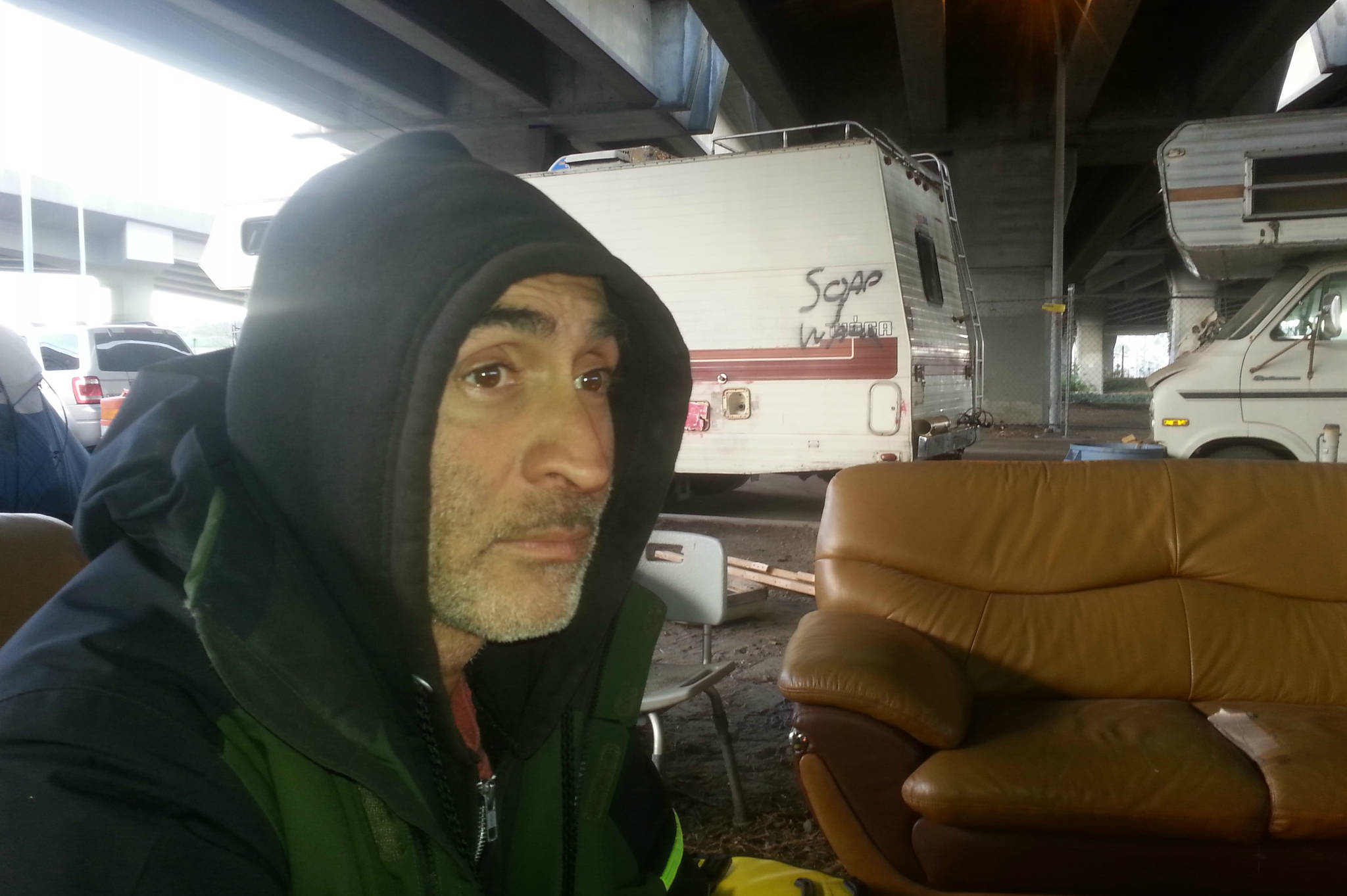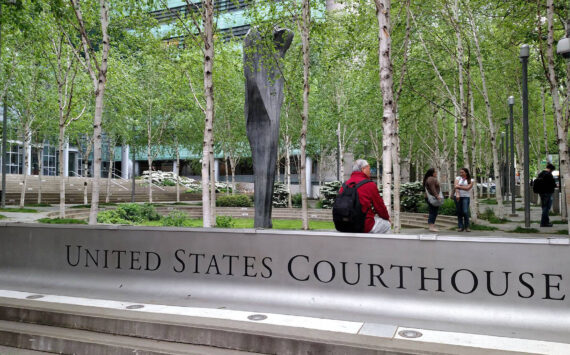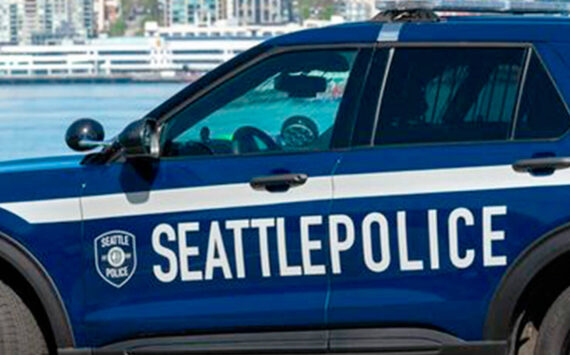Councilmember Mike O’Brien on Thursday released an updated version of an ordinance addressing vehicle camping in Seattle, seeking to quell the fury a leaked draft sparked earlier this week.
In a news conference to discuss the ordinance—which is still in draft form—O’Brien argued that the city has dropped the ball on helping homeless people living in their cars, and that at very least he hopes his bill will “elevate the topic of vehicle residence.”
Some 40 percent of Seattle’s homeless population lives in vehicles, according to this year’s homeless count.
In broadest terms, O’Brien’s bill would create a framework in which people living in their cars could register with a city program that identified them as vehicular residents. Doing so would connect them with city services aimed at getting people out of homelessness, but also protect them from tickets and towing for violating various city parking codes.
The ordinance envisions designating certain streets—to be determined—as places where people could park without fear of getting ticketed for breaking Seattle’s 72-hour parking rule. O’Brien also says he wants to create 40 to 50 small lots across the city that could house a handful of vehicles each, creating small versions of Seattle’s doomed safe-lot experiment from last year. The measure would also create an amnesty program in which people who come forward and register with the vehicular residency program could have their parking tickets waved.
O’Brien says that saddling people living in their cars with parking tickets they can’t afford to pay, not to mention towing and impounding the vehicles that are acting as their home, hurts city efforts to get a handle on homelessness.
When the city impounds a car that’s serving as someone’s house, “We’re not going to get paid,” he said. “We’re just going to get a junk vehicle and another person on the street.”
O’Brien said that city departments are already using some discretion when conducting parking enforcement on cars and RVs that are clearly serving as someone’s home, and said he was unsure how many cars and RVs acting as homes the city is currently towing. But he did have a few troubling real-life examples. In one instance, he says, a homeless man who has been on the waiting list for a subsidized apartment for three years had to go to the hospital, and ended up having his legs amputated. When he returned to his RV, he found it had been impounded.
“That’s a situation where towing after 72 hours isn’t helping anyone,” he said.
However, O’Brien’s plan has struck some as a path to getting rid of parking laws, exacerbating what they think is an already out-of-control situation. Writing in the Seattle Times, Danny Westneat called it “an act of compassion that could make Seattle’s homeless situation worse” by making vehicular residents essentially immune to parking tickets.
O’Brien insisted he was not interested in getting rid of parking laws, and that the city would work with people to move their vehicles to more appropriate locations if they’re causing problems where they are. That said, the central point of the effort is to create “flexibility” in parking enforcement so fewer tickets are written.
Said O’Brien: “There’s some nuance here.”
dperson@seattleweekly.com








